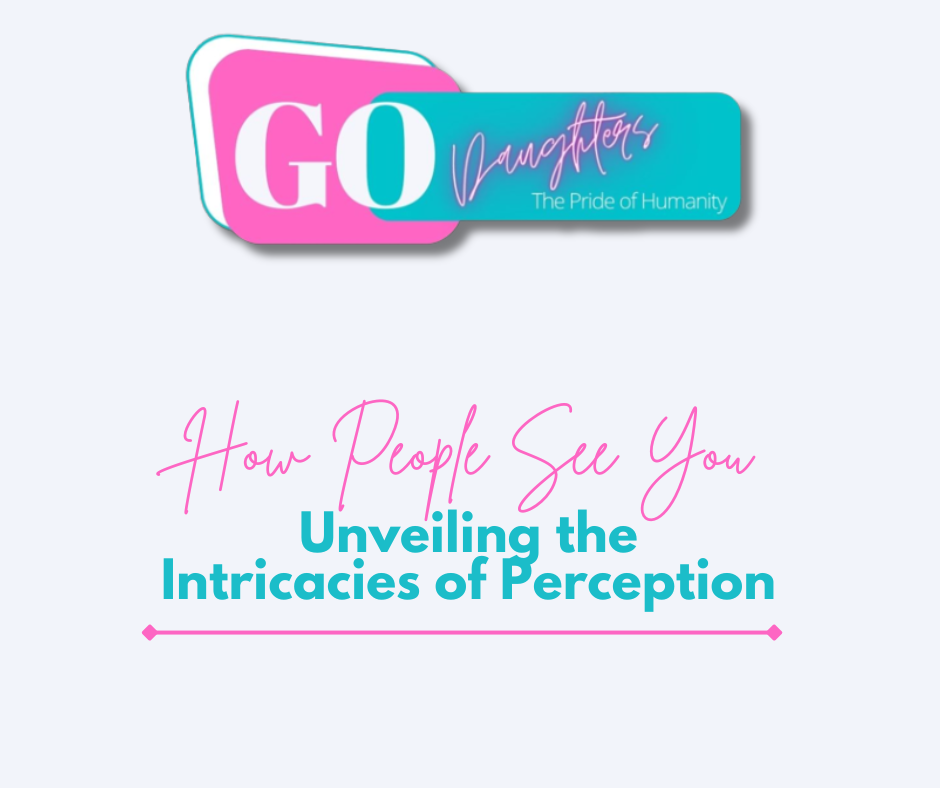
One of the most important aspects of human interaction is how we are perceived by others. Whether we like it or not, people are constantly forming opinions about us based on our appearance, behavior, and communication style. Understanding how people see you can be a valuable tool in navigating relationships and achieving success in various areas of life.
Appearance:
The way we present ourselves physically is often the first thing people notice about us. Dressing well, maintaining good hygiene, and grooming ourselves appropriately can give others the impression that we are confident, competent, and put-together. On the other hand, neglecting these things can make us appear lazy, unprofessional, or unapproachable. However, it’s important to note that appearance is subjective and can vary based on cultural, social, and personal preferences.
Behavior:
Our behavior and body language can also play a significant role in how people perceive us. Being courteous, respectful, and considerate of others can make us appear kind, trustworthy, and likable. Conversely, being rude, dismissive, or confrontational can turn people off and make them view us negatively. Additionally, displaying confidence, assertiveness, and leadership qualities can inspire others to follow and respect us.
Communication Style:
How we communicate with others can also affect how we are perceived. Good communication skills, such as active listening, clarity, and empathy, can make us appear approachable and understanding. On the other hand, poor communication skills, such as interrupting, speaking too quickly or too slowly, or using inappropriate language or tone, can make us appear uninterested, uneducated, or unprofessional.
Social Identity:
Lastly, it’s important to recognize that our social identity, such as race, gender, age, and socioeconomic status, can also affect how people perceive us. Unfortunately, many people hold biases and stereotypes based on these factors, which can lead to unfair treatment and negative judgments. It’s important to be aware of these biases and work to overcome them through education, empathy, and understanding.
In conclusion, how people see us is a complex and multifaceted concept that depends on various factors such as appearance, behavior, communication style, and social identity. By understanding how we are perceived, we can work to improve our strengths, address our weaknesses, and build stronger relationships with others. Ultimately, the way we present ourselves to the world can have a significant impact on our personal and professional success.




